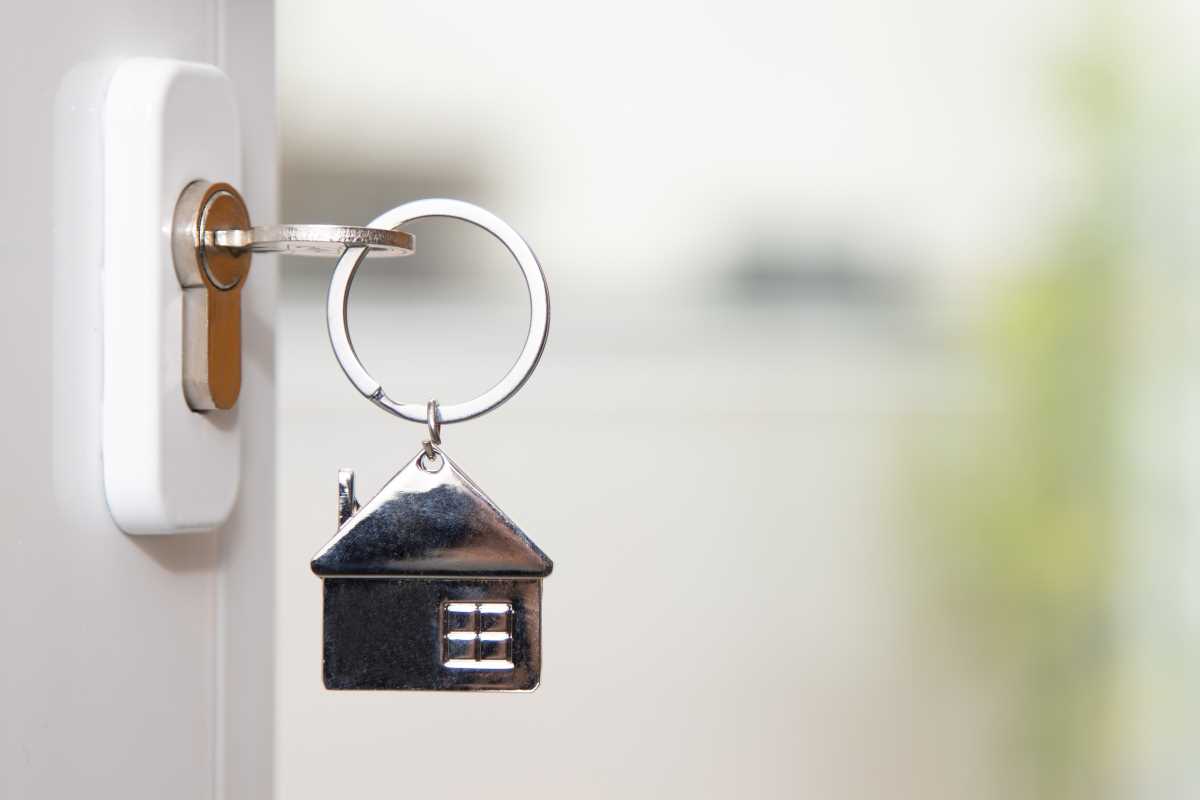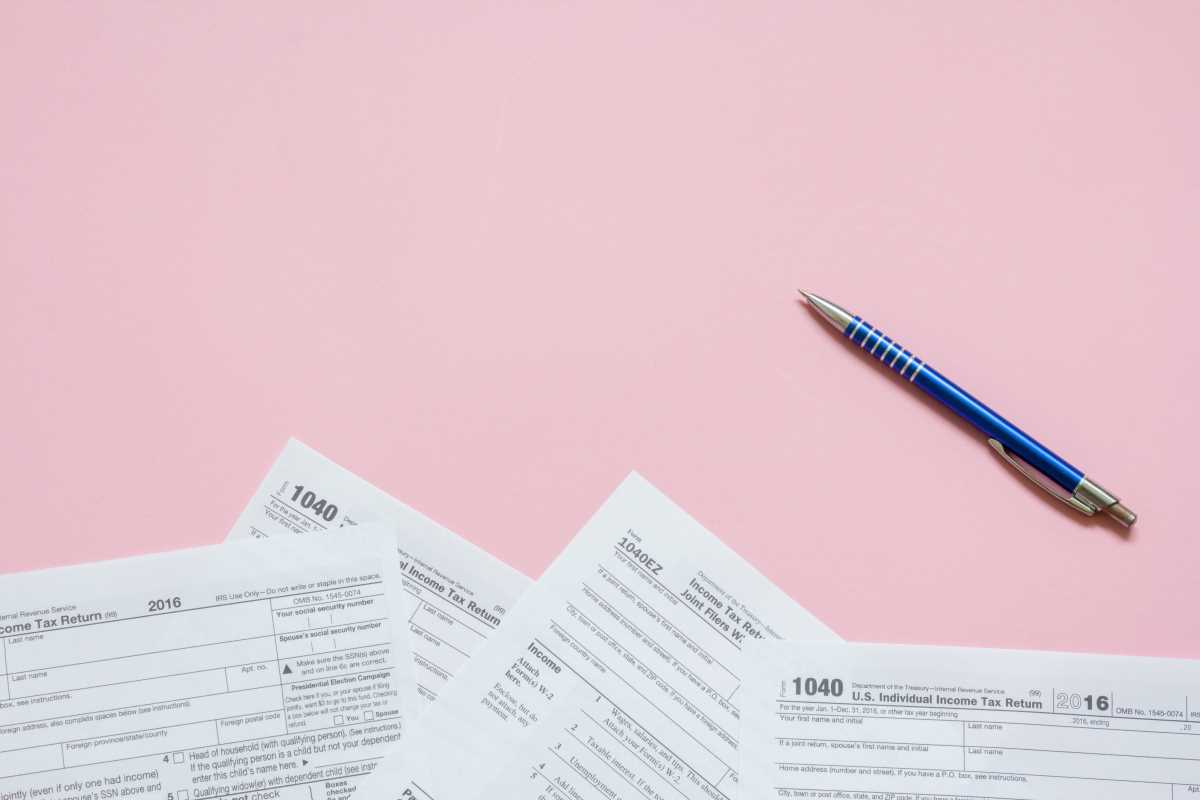Managing a household budget effectively is key to maintaining financial stability, but even with the best intentions, it’s easy to make mistakes that can undermine your efforts. Whether you're just starting out or you've been budgeting for a while, avoiding common pitfalls can help you stay on track and reduce financial stress. Here are some common budgeting mistakes and tips on how to avoid them:
1. Overlooking a Financial Buffer
One of the most critical budgeting errors is failing to create a financial buffer for unexpected expenses. Life is unpredictable, and surprise costs such as car repairs, medical bills, or home maintenance can arise at any time. Without a cushion, these unforeseen expenses can throw your entire budget off course. Experts recommend setting aside an emergency fund with at least three to six months' worth of living expenses. This fund will act as a financial safety net, providing peace of mind and preventing you from having to dip into savings or rely on credit cards when emergencies occur.
To avoid this mistake, prioritize building an emergency fund in your budget. Start small if necessary, but make consistent contributions until you reach your goal. Even a modest buffer can make a big difference in stressful situations.
2. Neglecting Regular Budget Reviews
A budget is not a set-it-and-forget-it tool. Many people make the mistake of creating a budget but failing to review it regularly. Your financial situation, spending habits, or goals can change over time, and your budget needs to reflect these shifts. Regular reviews help you monitor your progress, identify areas where you might be overspending, and adjust your budget to stay aligned with your financial objectives.
To avoid this mistake, schedule a time each month to review your budget. Assess whether you’re meeting your savings goals, staying within your spending limits, and preparing for upcoming expenses. Adjust as needed to accommodate changes in income or unexpected costs.
3. Ignoring Small Expenses
While it’s easy to focus on large expenses like rent, utilities, or mortgage payments, small, recurring expenses can sneak up on you. The daily coffee run, streaming subscriptions, or impulse buys may seem insignificant, but over time, they can add up and eat into your budget. Ignoring these small expenses is a common budgeting mistake that can leave you with less money than expected at the end of the month.
To avoid this, track all your spending, no matter how small. Use apps or budgeting tools that categorize your expenses and give you a clear picture of where your money is going. Cutting back on non-essential small purchases can free up funds for more important goals like saving or debt repayment.
4. Not Planning for Irregular Expenses
Another frequent budgeting error is failing to plan for irregular expenses. These are the costs that don’t occur every month but are inevitable, such as annual insurance premiums, holiday shopping, or car registration fees. When these expenses pop up, they can derail your budget if you haven’t set aside funds for them.
To avoid this mistake, take a proactive approach by anticipating these expenses and saving for them throughout the year. Set aside a small amount each month so that when these irregular costs arise, you’re financially prepared to handle them without stress.
5. Failing to Prioritize Savings
It’s easy to prioritize immediate wants over long-term savings goals, but neglecting savings is a critical mistake that can jeopardize your financial future. Whether you’re saving for retirement, a home, or a major purchase, delaying your contributions can make it harder to meet your goals down the road.
The solution is to automate your savings. Set up automatic transfers from your checking account to a savings or retirement account, ensuring that you consistently contribute toward your goals. By paying yourself first, you’ll make savings a priority, and over time, these contributions will grow, bringing you closer to financial security.
6. Relying Solely on Credit Cards
Using credit cards to cover budget shortfalls is a trap that can lead to significant debt. Relying too much on credit cards to fill gaps in your budget not only increases your debt load but also subjects you to high interest rates, making it harder to pay off balances.
To avoid this mistake, rely on cash or debit cards for everyday purchases, and keep your credit card use to a minimum. If you must use a credit card, ensure that you can pay off the balance in full each month to avoid interest charges.
Budgeting is a powerful tool for managing your finances, but to get the most out of it, you need to avoid common mistakes. By establishing an emergency fund, regularly reviewing your budget, tracking small expenses, planning for irregular costs, prioritizing savings, and minimizing credit card reliance, you can maintain control of your finances and work toward a more secure future. These simple adjustments can make a significant difference in your financial well-being, helping you avoid unnecessary stress and build lasting financial health.







